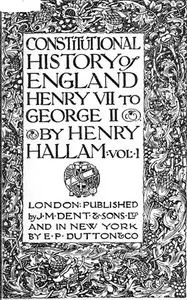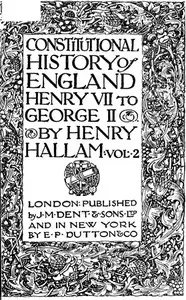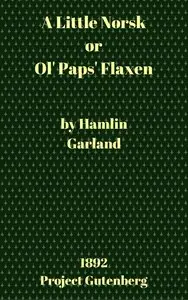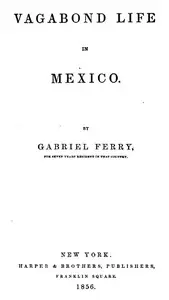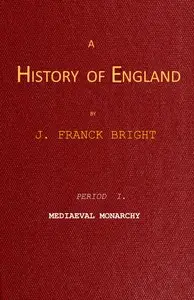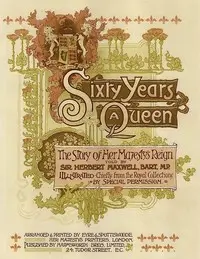"Constitutional History of England, Henry VII to George II. Volume 3 of 3" by Henry Hallam is a historical account written in the early 19th century. This volume primarily covers the evolution of constitutional government in England during the Stuart period, especially focusing on the reign of Charles II and the complex dynamics between the monarchy and Parliament. The book delves into significant themes such as the limitations of royal power, the significance of the press, and the intricacies of parliamentary privileges. The opening of the work presents an analysis of the state of constitutional governance under Charles II. It begins by emphasizing how the reign was characterized by a general respect for individual rights, contrasting it with previous monarchies, where those rights had often been infringed. Hallam discusses the responses of Parliament to governmental overreach and explains the emergence of pivotal legislation such as the Habeas Corpus Act. He also examines disputes over the rights of the Lords and Commons, particularly focusing on issues surrounding taxation and the preservation of privileges, setting the stage for deeper discussions on the tensions that shaped English governance during this transformative period. (This is an automatically generated summary.)
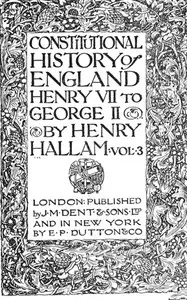
Constitutional History of England, Henry VII to George II. Volume 3 of 3
By Henry Hallam
"Constitutional History of England, Henry VII to George II. Volume 3 of 3" by Henry Hallam is a historical account written in the early 19th century. ...
Henry Hallam was an English historian. Educated at Eton and Christ Church, Oxford, he practised as a barrister on the Oxford circuit for some years before turning to history. His major works were View of the State of Europe during the Middle Ages (1818), The Constitutional History of England (1827), and Introduction to the Literature of Europe, in the Fifteenth, Sixteenth and Seventeenth Centuries (1837). Although he took no part in politics himself, he was well acquainted with the band of authors and politicians who led the Whig party. In an 1828 review of Constitutional History, Robert Southey claimed that the work was biased in favour of the Whigs.


